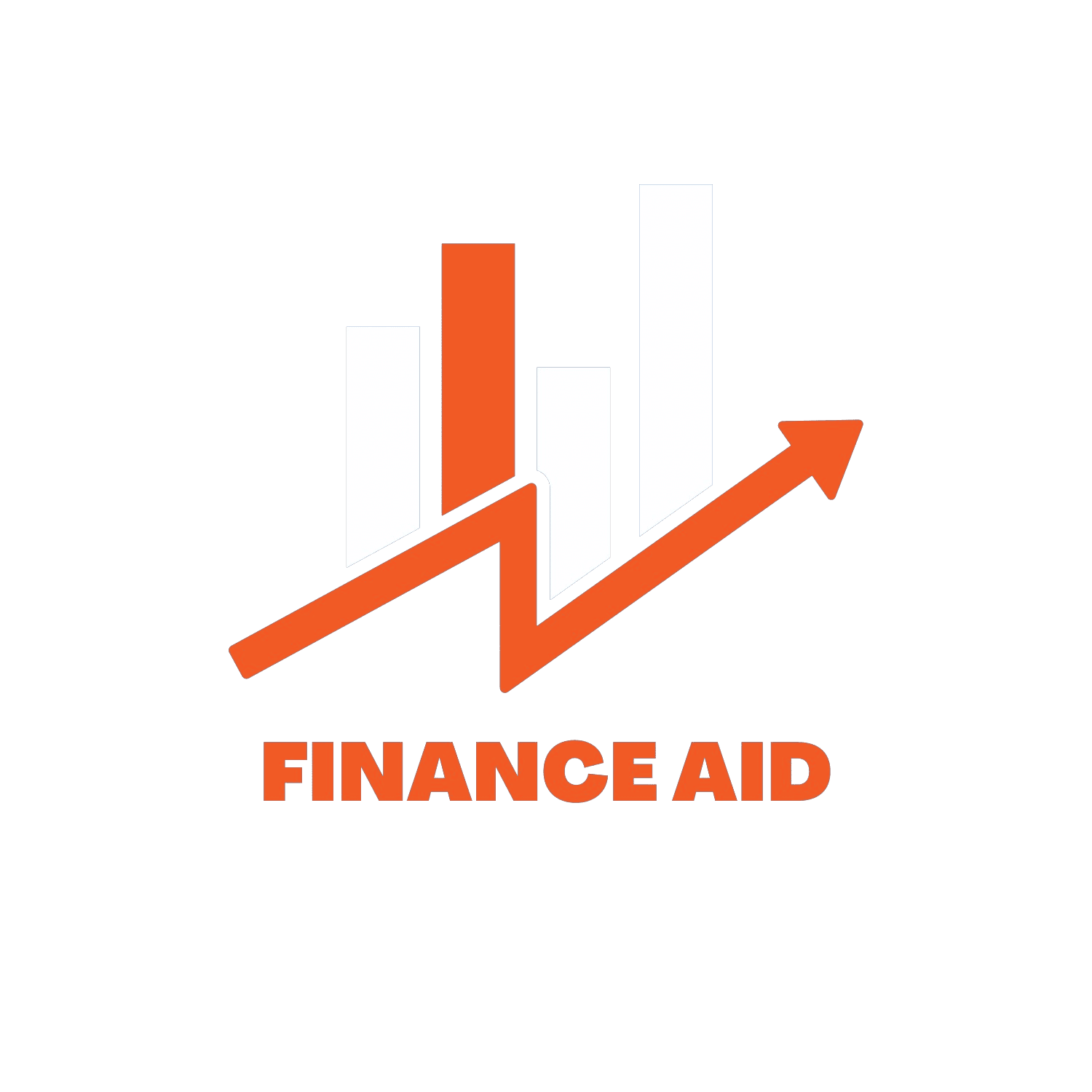Hearing aid financing is a process that involves obtaining financial assistance or payment plans to cover the cost of hearing aids. As hearing aids can be a substantial investment, financing options allow individuals to manage expenses.
These programs often include installment plans, loans, or specialized financing arrangements, making advanced hearing technology more accessible. Exploring hearing aid financing options ensures that individuals with hearing loss can benefit from improved auditory experiences without facing significant financial barriers. Understanding the various financing methods available can allow people to make informed decisions about their hearing health.
What is hearing aid financing?
Hearing aid financing refers to obtaining financial assistance or arranging payment plans to cover the costs of purchasing hearing aids. Given the substantial investment often required for hearing aids, financing options aim to make these essential devices more financially accessible.
This may involve installment plans, loans, or other specialized financing arrangements to help individuals manage the expenses of acquiring advanced hearing technology. Exploring hearing aid financing options allows individuals with hearing loss to overcome financial barriers and access the benefits of improved auditory experiences.
Read also: Mid Florida Finance Industry Overview
How to Secure for Hearing Aid Financing
Securing hearing aid financing involves several steps to make this essential investment more accessible. Follow these guidelines:
Research Financing Options: Explore healthcare credit cards, in-house financing from hearing aid providers, and payment plans. Compare terms, interest rates, and eligibility criteria.
CareCredit Healthcare Credit Card: Consider applying for a CareCredit healthcare credit card, offering up to 24 months of zero-interest payments for hearing aids and related health services.
Bank Credit Cards: Check if your bank offers credit cards with extended periods of zero interest, providing a flexible way to finance hearing aid purchases over time.
Buy Now, Pay Later Loan Apps: Explore buy now, pay later loan apps that offer installment-plan payments, allowing you to spread the cost of hearing aids over a manageable period.
Veterans Affairs (VA) Assistance: If eligible, explore financial assistance options for veterans through the Department of Veterans Affairs (VA) for hearing aid coverage.
Charitable Organizations: Investigate support from charitable organizations or foundations that assist individuals with hearing loss.
Flexible Spending Accounts (FSAs): Maximize the benefits of FSAs, using pre-tax dollars to cover hearing aid expenses and other health-related costs.
Check Health Insurance Coverage: Verify whether your health insurance plan provides coverage for hearing aids, potentially reducing the overall financial burden.
By researching and considering these options, you can find a financing solution that aligns with your needs and ensures access to quality hearing technology.
Read also: Finance vs Banking: Difference Between Finance and Banking
Top Financing Options for Hearing Aids
Financing options for hearing aids can help make these essential devices more accessible. Here are some key points to consider when exploring hearing aid financing:
Health Insurance Coverage
Check your health insurance policy to see if it covers the cost of hearing aids. Some plans offer partial or complete coverage, while others have specific criteria or limitations.
Medicare and Medicaid
In some cases, Medicare and Medicaid may provide coverage for hearing aids, especially if deemed medically necessary. However, coverage varies, so it’s important to understand the specific terms of your plan.
Veterans Administration (VA) Benefits
The VA may offer assistance with hearing aid costs if you are a veteran. Eligibility and coverage depend on factors such as service-connected disabilities and income.
Employer-sponsored Health Plans
Check with your employer to see if your health insurance plan includes coverage for hearing aids. Some employers offer comprehensive health benefits that may cover part or all of the cost.
Flexible Spending Accounts (FSAs) or Health Savings Accounts (HSAs):
If your employer provides FSAs or HSAs, you can use these accounts to cover medical expenses, including hearing aids. Contributions to these accounts are often tax-free.
Payment Plans and Financing Options
Many hearing aid providers offer in-house financing or partner with third-party financing companies. These plans allow you to spread the cost of hearing aids over time, making them more affordable.
Credit Cards
Using a credit card to purchase hearing aids is an option, but it’s important to consider interest rates and potential fees. Some credit cards offer promotional periods with zero or low interest rates for a specified time.
Nonprofit Organizations and Charities
Some nonprofit organizations and charities may provide financial assistance or low-cost hearing aids to needy individuals. Research local and national organizations that support individuals with hearing loss.
State Vocational Rehabilitation Programs
State vocational rehabilitation programs may offer financial assistance for individuals with disabilities, including hearing loss. Contact your local vocational rehabilitation office to inquire about available support.
Discount Programs and Grants
Some hearing aid manufacturers and organizations offer discount programs or grants to help individuals afford hearing aids. Research available opportunities and eligibility criteria.
Before deciding, it’s crucial to thoroughly research and understand the terms and conditions of any financing option. Additionally, consult with your healthcare provider and explore multiple avenues to find the most suitable and cost-effective solution for your hearing needs.
Read also: How do you calculate the math of personal finance?
FAQs: Hearing Aid Financing
What is my coverage for hearing aids?
To determine your coverage for hearing aids, review your health insurance policy for details on partial or full coverage. Additionally, check with your employer, explore government programs, and consider flexible spending accounts for potential financial assistance.
How much will I have to pay out of pocket?
The amount you’ll pay out of pocket for hearing aids depends on insurance coverage, employer benefits, and financing options. Review your policy, check with your employer, and explore financing to determine the specific costs associated with your situation.
Can I go to any audiologist, or must they be in-network?
Whether you can choose any audiologist or need to select an in-network provider depends on your health insurance plan. Review your insurance policy to understand the network requirements for coverage and potential reimbursement rates when seeking services from an audiologist.
Do I need a certain degree of hearing loss to qualify for coverage?
The qualification for coverage of hearing aids varies among insurance plans. Some may require a specific degree of hearing loss to provide coverage, while others may consider factors such as medical necessity. Review your insurance policy to understand the criteria for qualifying for coverage of hearing aids.
Read also: State Farm vs Erie Insurance: Which Offers Better Coverage for You?







